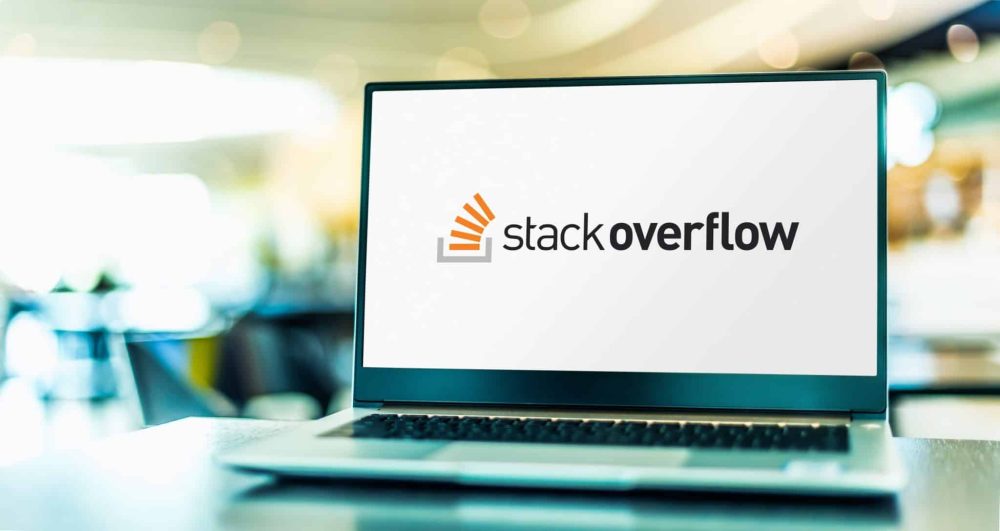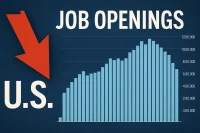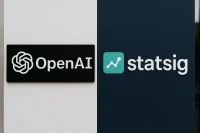The coding community Stack Overflow is downsizing its staff by 28 percent.
This move comes as the software industry experiences a transition towards AI-based assistance for coding.
The shift has led to a decrease in online traffic on the platform earlier this year.
Read More: LinkedIn Cuts More Than 650 Employees
This is Stack Overflow’s second round of layoffs in 2023, following a 10 percent workforce reduction in May.
The transition is due to the growing prominence of generative AI models like GPT-4 and ChatGPT and AI-powered coding tools like Codex and GitHub Copilot.
These AI solutions are becoming the go-to source for software engineers and developers seeking answers to their coding queries.
It displaced the long-established 15-year-old online forum.
Stack Overflow saw a notable drop in online traffic, down by 13 percent compared to the previous year as generative AI models gained traction.
Read More: Qualcomm Eliminates Over 1,200 Jobs In California
The company recently announced these layoffs, which has come as a shock as the previous year they more than doubled their headcount.
An investment firm acquired Stack Overflow for $1.8 billion in 2021.
Prashanth Chandrasekar, Stack Overflow’s CEO, said: “This year we took many steps to spend less.
“Changes have been pursued through the lens of minimizing impact to the lives of Stackers.
“Unfortunately, those changes were not enough and we have made the extremely difficult decision to reduce the company’s headcount by approximately 28%.”
Looking to boost your online brand? Create your FREE business profile at WhatBiz? here.
Many generative AI models utilized for coding assistance were partially trained on data from Stack Overflow.
Chandrasekar said: “Some of them are very explicit about calling out Stack Overflow as a primary source.”
Relying solely on machine-generated content can lead to performance deterioration and model collapse.
Stack Overflow has an extensive history of human experts contributing to its platform.
However, enticing these experts to continue providing their knowledge, often free of charge, in the age of AI represents a challenge.




